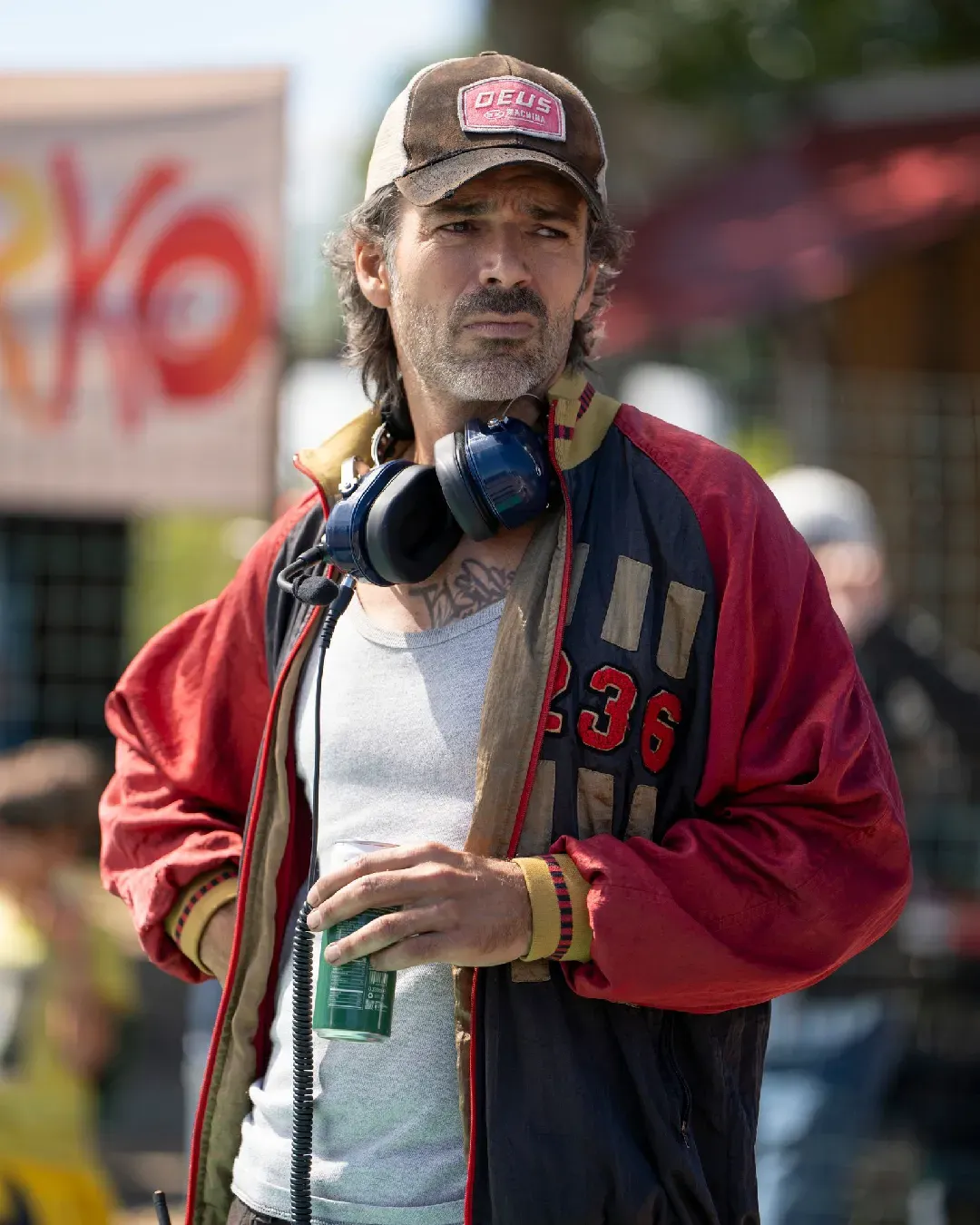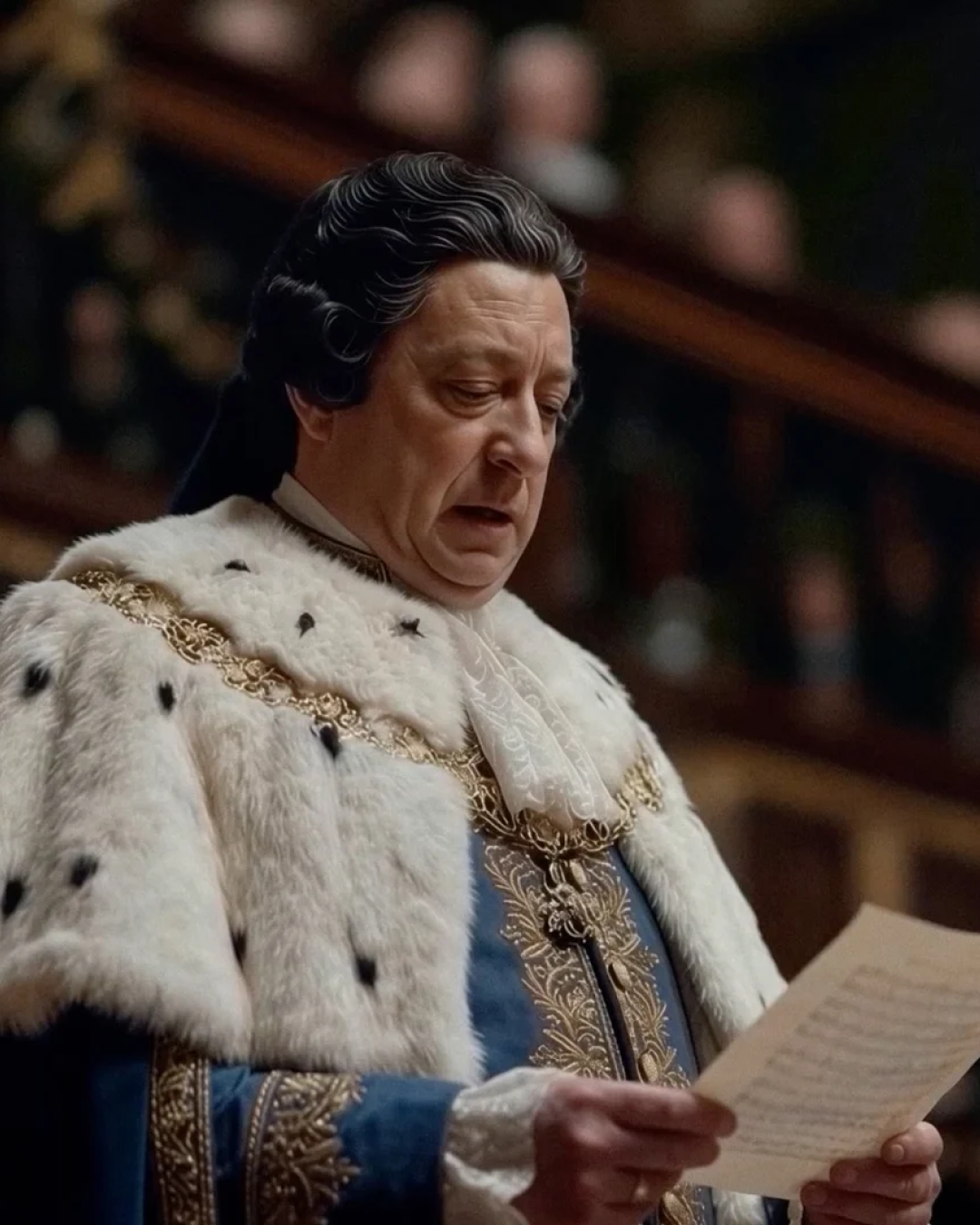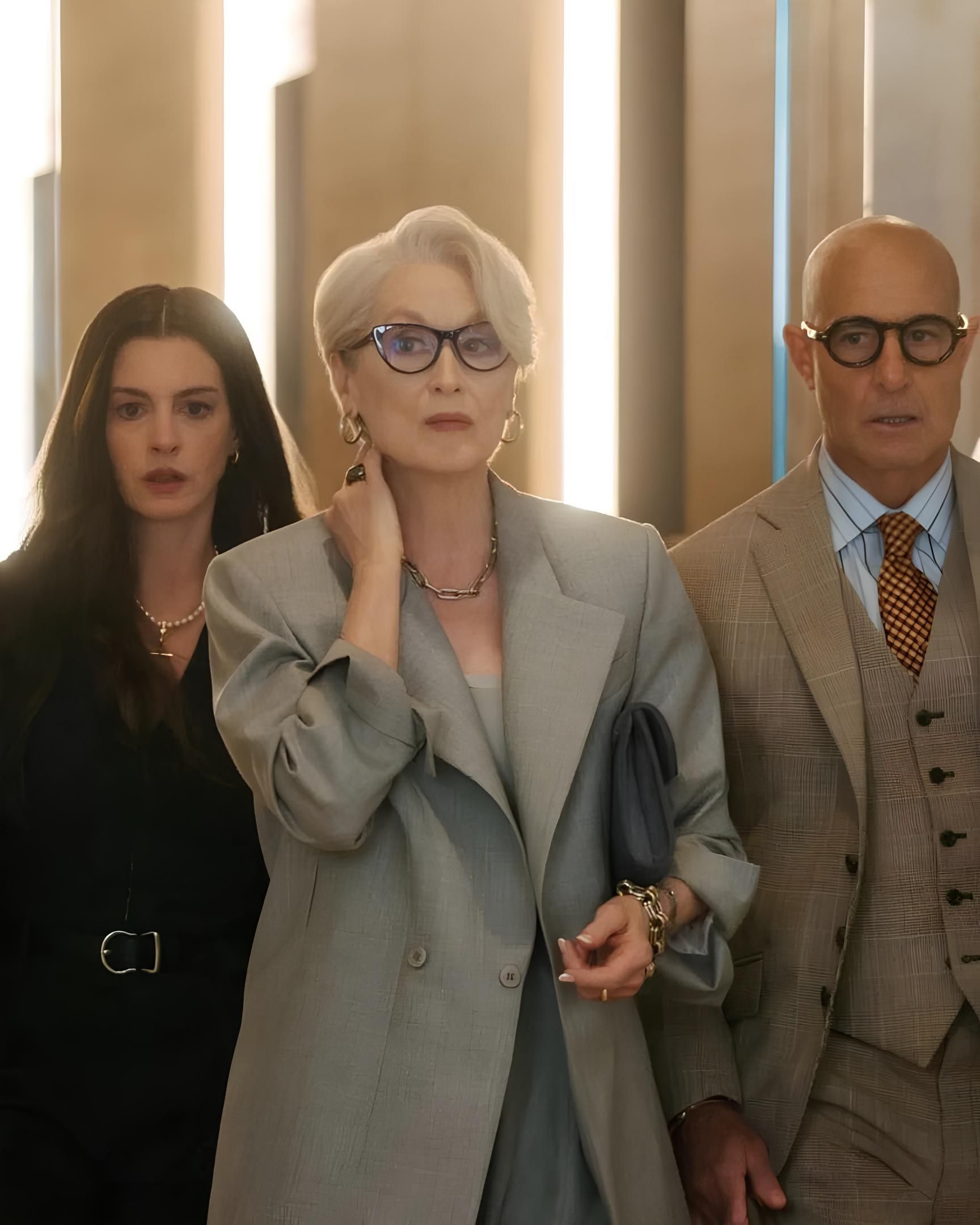
What will become of Agent 007? Life, death and miracles of James Bond
During the Oscars ceremony, we witnessed a funeral eulogy, and no, we are not talking about the In Memoriam segment. During the Academy night, a musical moment was dedicated to James Bond, a medley of famous songs that have accompanied the spy on screen from 1962 to today. Three songs performed by three artists - Lisa, Doja Cat, and Raye - were criticized for the singers' lackluster performances, while Margaret Qualley engaged in a dance tribute to connect the moment dedicated to the character created by Ian Fleming and his Bond Girls. Although it is never advisable to change plans mid-course, even in Hollywood—where handling crises and last-minute changes should be a given—keeping a segment dedicated to a franchise that has just been abandoned was not the best entertainment choice. And the fact that the Oscars performance did not live up to the cinematic saga no longer matters. Barbara Broccoli and Michael G. Wilson, producers and cinematic siblings, received the Irving G. Thalberg Memorial Award, already announced in 2024 and given to creatives and producers who have contributed to the excellence of undisputed cinematic works and high-level productions. The recognition coincided with the announcement of the sale of the James Bond franchise rights, which the professionals' father, Albert "Cubby" Broccoli, had purchased from writer Fleming. While the tribute aimed to celebrate the legacy of the British spy, to which the Broccoli family dedicated their lives, and to honor the producers praised by the Academy, one cannot ignore the disconnect between what was being observed and what was happening at EON Productions, with the siblings agreeing to sell the brand to Amazon.
James Bond Musical Tribute at the #Oscars
— Dr B (@DrB2you) March 3, 2025
introduction by Halle Berry pic.twitter.com/ZSfNFJevmI
However, blaming Barbara Broccoli and Michael G. Wilson would not be the right approach. Both have always put their heart and soul into managing the character created in 1953, with Barbara involved in Bond productions since the age of twenty-two, when she worked as an assistant director on the set of Octopussy in 1983, and Michael managing the character for decades. Their departure from the franchise may have been due to an irreconcilable vision with Jeff Bezos' company. The latter was already a partner, holding 50% of the distribution rights of James Bond films, having also acquired the catalog of twenty-five titles that make up the current saga. Everyone had noticed the brewing storm. According to an article published at the end of 2024 in the Wall Street Journal, Barbara Broccoli allegedly called Amazon's leadership «fucking idiots». What triggered the producer's fury was the improper use of the word "content" by Amazon Studios head Jennifer Salke, which flattened the cultural and entertainment value that 007 has represented for over sixty years, leading to an algorithm-driven shift even before Broccoli and Wilson's departure. The decision stands in stark contrast to what Cubby repeatedly told his children—he himself was awarded the Irving G. Thalberg Award in 1982—that no one else should ever make permanent decisions about the saga. Broccoli herself seemed to echo this sentiment to her colleagues and employees, making the character's sale possibly a strategic move on the producer's part, signaling that she does not want to be involved in whatever Amazon has planned for the next Bond.
HAHAHAHAHA.
— Brett Dasovic (@Brettdasovic) March 7, 2025
RIP James Bond.
The names Content, Amazon Content. pic.twitter.com/ethbSTSv9o
The Bond-gate is a sort of positioning war that has effectively delayed the decision on the new spy in service of the Crown. Broccoli and Wilson believed Bezos' company would back down, but that was highly unlikely, considering it did not hesitate to pay $8.5 billion to acquire MGM, precisely because it controlled James Bond's management. While no official figure has been declared yet, it must have exceeded a billion dollars to obtain full creative control of the character, albeit with the clause that 50% of everything belonging to the 007 audiovisual universe, past and future, remains with the Broccoli family. Thus, the final transition to the industrialization of the last bastion of cinematic entertainment has occurred. What Bond’s cinematic father never wanted and what Barbara and Michael had always resisted was the advanced exploitation of a brand through prequels, sequels, spin-offs, and other derivative projects.
With Amazon’s acquisition, it is likely that the company will overturn this rigidity, which has now become a mirage in Hollywood’s disposable culture of re-consumption, constant recycling, and empty rehashes that generate only more emptiness, especially (and perhaps particularly) when it comes to franchises. The Broccoli family never intended for Bond to become a competitor to expansive universes like Star Wars or, more recently, Marvel, but the feeling is that this is exactly the direction that will be taken, with the risk of an already declining trend for the next secret agent film. The long waiting times imposed on the franchise must have also influenced Broccoli’s decision to step back: four years after the last film, not only has no new James Bond title been released, but a creative team has not even been assembled for production. The gap will not benefit the saga, whose longest waiting period was between Licence to Kill in 1989 and GoldenEye in 1995. This prolonged delay was something the producer and her brother tried to use to their advantage, hoping Amazon would back down—only for things to unfold in the opposite direction.
If Amazon is *really* gonna shake down the James Bond franchise for every (money)penny, give me Old Man 007 before it’s too late. pic.twitter.com/0hogjICF9f
— Joe Russo (@joerussotweets) March 1, 2025
No actor chosen, no potential director on the horizon, not even screenwriters sketching out an idea for a story—just the certainty, at least from the audience’s perspective, that when the new era of James Bond begins, it will feel more streamable than ever, stretched across as many platforms and media as possible. As iconic as he is, there is the added challenge of adapting a spy shaped by his era to contemporary society, to the tastes and expectations of modern audiences—not in a contrived way, but through thoughtful and studied adjustments that balance the protagonist’s essence with his place in today’s world. Watching Margaret Qualley dance to the classic James Bond musical themes raised the question of whether this could be a sign of the character’s future—a transformation some had already anticipated with No Time To Die, which suggested the spy could be played by a woman. However, it’s not a female Bond that we need, but productions like Ballerina starring Ana de Armas, which create new worlds around unique characters. This perspective was already forming but ultimately took a different direction with the final chapter featuring Daniel Craig, which, at this point, becomes even more symbolic given the entire legacy of the saga. The closure of a larger cycle, where death serves as the transition from the Broccoli family to Amazon Studios, which will have to start from scratch in every sense.
@badtasteit Luca Guadagnino risponde alla domanda ‘ci sarà mai un #JamesBond gay?’ alla presentazione di #Queer con #DanielCraig a #Venezia81! #cinematok #davedere suono originale - BadTaste: cinema e serie tv!
Who knows which rules will remain and which will be discarded immediately? The first that comes to mind is the choice of Bond’s face. Will the idea of a young actor be maintained so that he can continue for at least the twelve to fifteen years needed to cover a significant arc of the saga? Or will each story be independent, following the increasingly common anthology-style approach seen in many series today? Most importantly, will the rule that the new James Bond cannot be an actor from another franchise still hold? After so much effort and investment, Amazon may not want to take risks, preferring a well-known name whose popularity is already established through other sagas. Unless they embrace the challenge of being the ones to breathe new life into Agent 007, striving for originality and boldness. And who knows if, once the details are settled and the calls start going out, everyone will eagerly respond, «Yes, we want to be the new James Bond.» Considering the words of Osgood Perkins, director of Longlegs and The Monkey, who was asked if he would be interested in directing a James Bond film and bluntly replied, «Fuck Jeff Bezos,» the situation becomes even more intriguing. And while Broccoli and Michael Wilson will remain co-owners in a new joint venture, and Amazon Studios will try to do its best, all that remains—just as James Bond has always taught us—is to wait. Unless the first changes are already evident: announcement of the team, production starting, and release in record time.
There is also one last factor to consider. Although Barbara Broccoli and Michael G. Wilson have decided to sell the rights to Ian Fleming’s character, copyright expires seventy years after an author’s death, meaning that by 2035, anyone will be able to use the Bond brand. This is something that Matthew Belloni highlighted in Puck, noting that with the writer and spy creator’s death in 1964, the copyright is set to lapse. Soon, anyone will be able to use the protagonist and the first novel featuring him, Casino Royale, with the rest of the 007 stories gradually becoming available. It is worth remembering that, throughout cinematic history, three Bond-related productions have been released outside the Broccoli family’s canon and remained largely marginalised. Could the Broccoli siblings have made this decision with that in mind? It is also true that if they choose to stick to the novels, they might fall into the industry’s trap—not delving into original stories, at least not immediately, but instead taking the easy route of remakes.













































